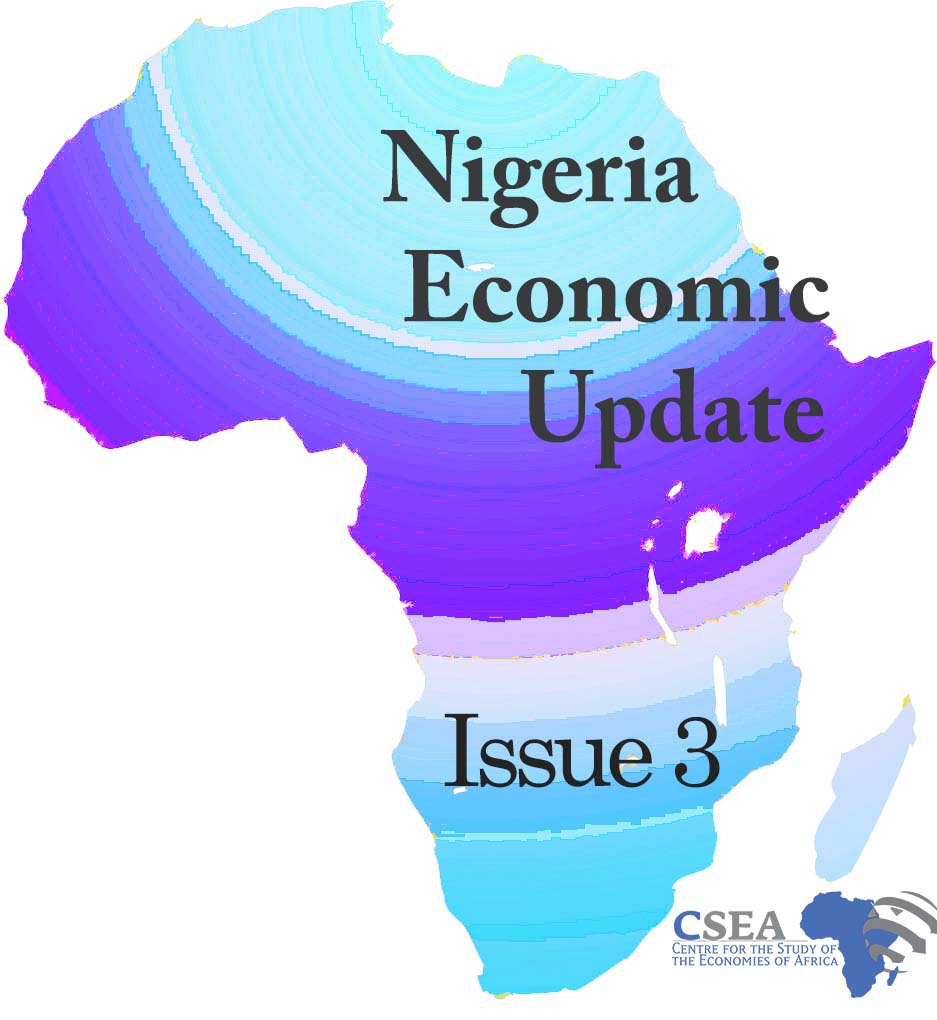Inflation rate rose in December 2018 for the second consecutive month to 11.44 percent, 0.16 percentage points higher than the 11.28 percent recorded in November 2018.1 The rise in inflation was driven by the food component of inflation which increased to 13.56 percent from 13.30 percent within the same period. Further disaggregated data shows that the highest increments were recorded in the price of basic food items such as bread, cereals, fish, meat, potatoes, yam and other tubers. Core inflation experienced no increment from the previous month, stagnating at 9.80 percent. Seasonal demand effect is closely linked to the rise in inflation given that the holiday season is associated with a rise in the price of food items. In the coming month, we expect the inflation rate to continue on the upward trend considering the increase in election-related spending. The current monetary policy parameters should remain unchanged until a clearer picture of the effect of the election on economic indicators is known
Macroeconomic Report & Economic Updates

February 5, 2019
Nigeria Economic Update (Issue 3)
Inflation rate rose in December 2018 for the second consecutive month to 11.44 percent, 0.16 percentage points higher than the 11.28 percent recorded in November 2018.1 The rise in inflation was driven by the food component of inflation which increased to 13.56 percent from 13.30 percent within the same period. Further disaggregated data shows that […]
Read →
Related
Multidimensional Impact Evaluation:
Ending (extreme) poverty in all of its forms everywhere around the world continues to dominate the International Development Agenda (UN 2015).
However, while poverty is declining in much of the developing world, data from the World Development Report (WDR) Conflict, Security, and Development reveal that fragile and conflict-affected states are lagging behind. The report points out that 'Poverty rates are 20 percentage points higher in countries affected by repeated cycles of violence over the last three decades. Indeed, with the worlds extreme poor over represented in fragile and conflict-affected ,some authors argue that violent conflict is development in reverse
